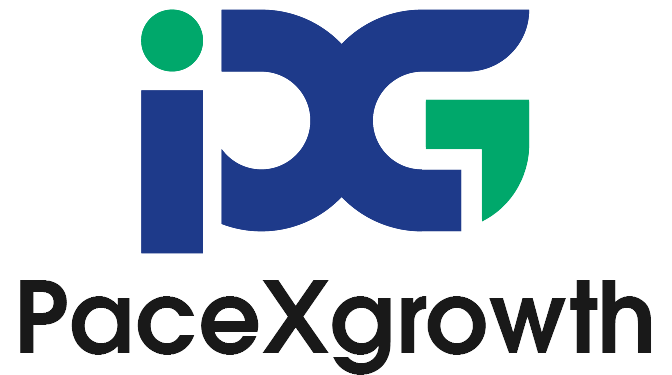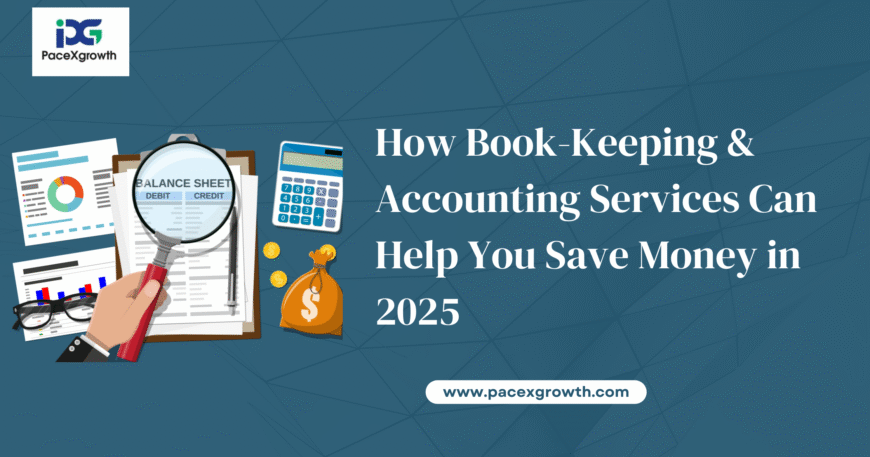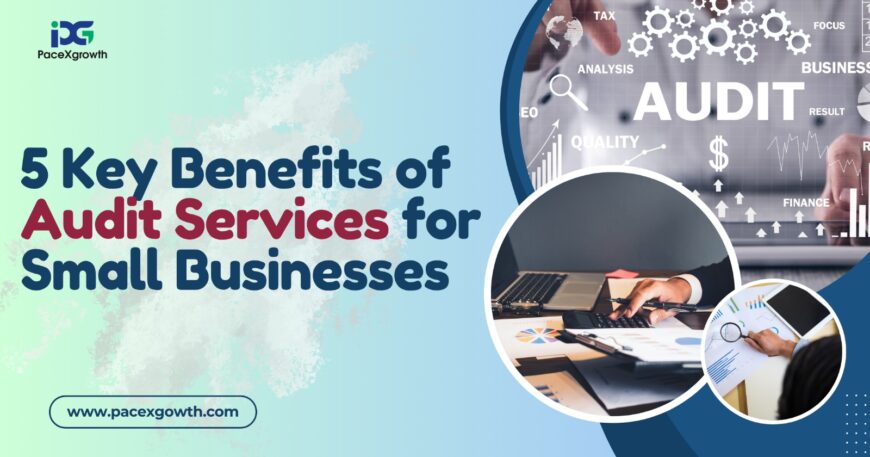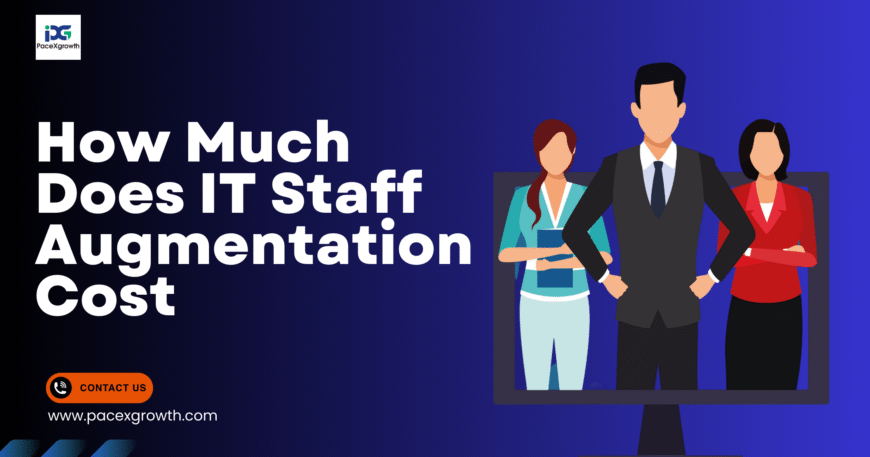11
Running a business in 2025 comes with a new set of financial challenges. From rising inflation and supply chain volatility to increased tax compliance and digital payment fees, operating costs are steadily climbing. For small and medium enterprises, even a minor oversight in budgeting or expense tracking can quickly snowball into a cash flow crisis. As competition intensifies and margins narrow, financial mismanagement is no longer a survivable error—it’s a direct threat to sustainability. What Are Book-Keeping & Accounting Services? In simple terms, Bookkeeping And Accounting Services are the financial backbone of any business. These services ensure that your income, expenses, liabilities, and assets are recorded accurately and reported on time. In 2025, with the rising cost of doing business, leveraging these services is no longer a luxury—it’s a necessity. Bookkeeping vs. Accounting: What’s the Difference? Though often used interchangeably, bookkeeping and accounting serve different purposes: Bookkeeping is the process of consistently recording financial transactions—think daily sales, invoice tracking, and managing receipts. It’s about maintaining an up-to-date financial log. Accounting, on the other hand, interprets and analyzes those financial records. Accountants help with financial planning, preparing tax returns, and offering strategic insights to support growth. Together, these services help you understand where your money is going, avoid penalties, and make data-driven decisions. Key Services Offered by Small Business Bookkeeping & Accounting Providers Modern bookkeeping and accounting services—especially those tailored for small businesses—go beyond data entry. Here are some of the most valuable services they include: Ledger Management: Tracks all financial transactions, ensuring clean, audit-ready records. Expense Categorization & Tracking: Helps identify spending patterns and cut unnecessary costs. Accounts Payable & Receivable: Manages incoming and outgoing payments, improving cash flow control. Bank Reconciliation: Matches internal records with bank statements to catch discrepancies early. Tax Preparation & Filing: Ensures compliance with changing tax laws and maximizes eligible deductions. Payroll Processing: Automates salary disbursals and manages payroll taxes efficiently. Financial Reporting: Generates P&L statements, balance sheets, and cash flow reports to support smart budgeting and forecasting. By using online bookkeeping services or working with a bookkeeping and accounting service, businesses in 2025 can reduce financial errors, improve compliance, and ultimately save money through smarter financial management. The Hidden Costs of Not Using Professional Services When businesses try to cut corners by skipping professional bookkeeping and accounting services, the costs can add up fast—often without realizing it until it’s too late. In 2025, with increased regulatory scrutiny and complex tax structures, avoiding these services is not just risky—it’s expensive. 1. Common Financial Mistakes Businesses Make Many small businesses make avoidable mistakes like misclassifying expenses, overlooking deductible costs, or failing to reconcile bank statements properly. These errors may seem minor at first but can snowball into large financial discrepancies. Professional bookkeeping and accounting services help you avoid these pitfalls with accuracy and clarity—ensuring your books are clean, up-to-date, and audit-ready. 2. Penalties for Non-Compliance and Late Filings Tax agencies have become stricter with deadlines and documentation. Missing a filing date or submitting inaccurate financial statements can lead to hefty fines, interest charges, or even legal issues. Professional online bookkeeping services ensure timely filings and full compliance with tax laws, saving your business from unnecessary penalties. 3. Opportunity Costs of DIY Bookkeeping Time is money—especially for business owners. Every hour spent manually managing ledgers or chasing receipts is time not spent on growing your business. While DIY bookkeeping might seem like a cost-saving approach, it diverts attention from core operations and reduces productivity. By outsourcing to small business bookkeeping services, you reclaim valuable time and gain insights that drive smarter financial decisions. Ways Bookkeeping & Accounting Save You Money in 2025 In today’s unpredictable economy, managing your business finances with precision is more important than ever. Bookkeeping and accounting services are no longer just back-office necessities—they’re strategic tools that help companies optimize cash flow, cut unnecessary expenses, and boost profitability. Whether you’re a startup or a growing enterprise, adopting professional financial support can be a game-changer. Here are 6 powerful ways bookkeeping and accounting services can help you save money in 2025. 1. Reduces Tax Liabilities Professional bookkeeping and accounting services ensure you never miss out on eligible deductions, tax credits, or compliance requirements. When your records are accurate and up to date, you can claim everything you’re entitled to—legally. This reduces your taxable income and helps avoid penalties from late filings or incorrect reporting. With rising tax scrutiny in 2025, timely and compliant accounting can save thousands. 2. Prevents Costly Errors Financial mistakes don’t just cost money—they can damage your reputation. Double payments, overlooked invoices, or incorrect data entries are common with DIY or underqualified bookkeeping. Outsourcing to a reliable small business bookkeeping service can help catch and prevent these errors early, keeping your financial operations clean and dependable. Accuracy today means fewer headaches tomorrow. 3. Improves Budgeting & Cash Flow Good bookkeeping isn’t just about tracking income and expenses—it’s about understanding where your money is going. With real-time insights, you can monitor spending patterns, set realistic budgets, and avoid cash shortages. Online bookkeeping services give you easy access to dashboards and reports anytime, so you’re never left guessing. This visibility empowers smarter spending and stronger cash flow management. 4. Enhances Financial Decision-Making Accurate financial data supports smarter decision-making. Whether you’re hiring new staff, investing in technology, or exploring new markets, decisions backed by numbers reduce risk. With a bookkeeping and accounting service tracking your KPIs and financial health, you’re better equipped to avoid impulsive spending and allocate resources more effectively. In 2025’s fast-moving landscape, clarity is key. 5. Enables Better Forecasting Forecasting helps you anticipate what’s ahead—and plan accordingly. When you understand seasonal trends, sales cycles, and expense peaks, you can prepare instead of react. Quality bookkeeping enables long-term planning, helping you set achievable goals, determine investment strategies, and identify areas for cost optimization. Think of it as financial foresight that reduces trial-and-error spending. 6. Reduces Overhead Through Outsourcing Hiring and managing an in-house accounting team can be costly—especially for small and medium-sized











